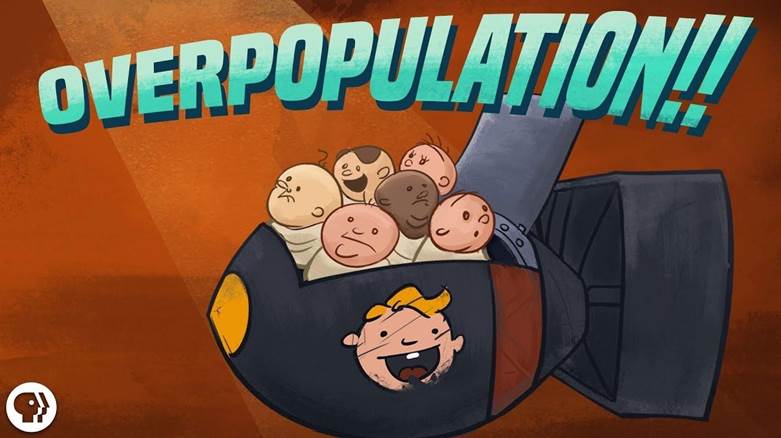Free Courses Sale ends Soon, Get It Now


Free Courses Sale ends Soon, Get It Now



Copyright infringement not intended
About
World Population 2022 Report
Key findings of the Report
Key Findings about India in the Report
Way Forward
https://t.me/+hJqMV1O0se03Njk9
© 2024 iasgyan. All right reserved